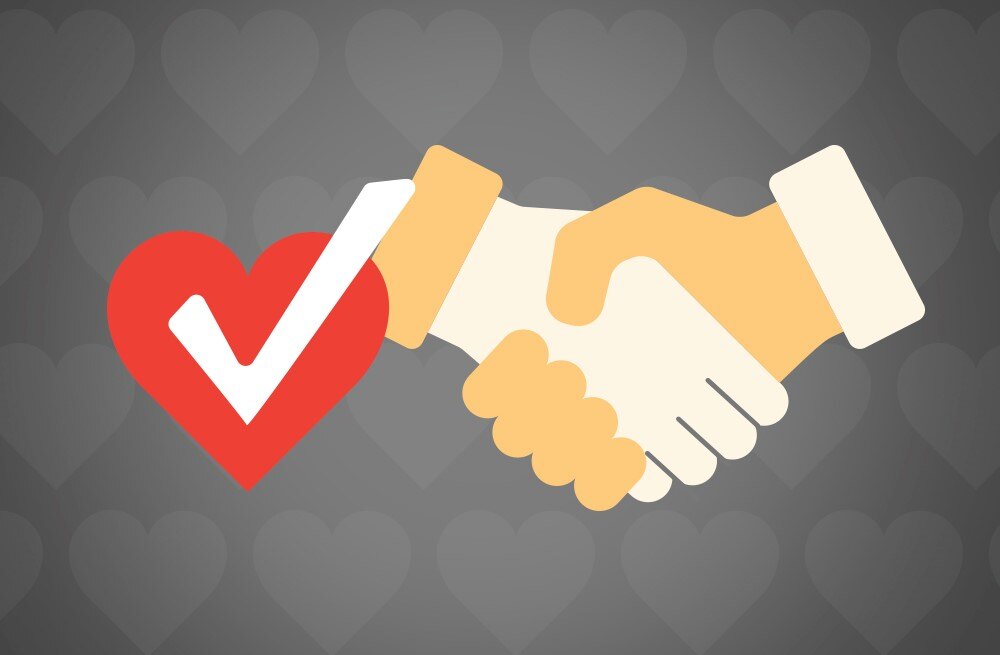Okay, I’ll admit it – there are always certain companies that I admire and are my favorites to do business with.
I won’t name names, but as you read this, hopefully you can identify ones of your own.
If not, then it's really time to consider looking at your contracts and making a plan to switch out vendors.
What does a good vendor relationship involve?
As a third party risk manager, why do I have favorites? There are many reasons, but it all starts with trust and a strong working relationship. I know that when I’ve asked a vendor for something, they’ve delivered, and hopefully, that works in reverse, too. Specifically, let's point out positives in various areas:
Due Diligence Is Easy:
They’ve consistently delivered accurate, meaningful and timely information. Where there is confusion, they ask for clarification and we discuss alternatives; it isn’t a simple “no”.
Highlights Risks or Concerns:
We work together in a mutually respectful manner to communicate risks and concerns. We may not always agree, but we always find ways to work together.
Contracts Are Fair:
When it comes to putting together a contract – new or renewal – it’s not a game of who can get the real advantage over the other, it’s a shared quest for a win/win. The contracts need to be robust and with mutual obligations and protections; we know it’s in both of our best interests.
Strive for Good Communication
Things won’t always go right, but even when there’s an honest difference of opinion, we can agree to disagree but have our companies work well together.
Yes, perhaps I’m idealistic and naïve at times in thinking it can always go somewhat smoothly, but it’s a great goal to strive for. And chances are better when you simply communicate with each other.
As a third-party risk manager, I’m looking to protect my company’s interests, certainly, but I firmly believe that a good vendor relationship means that our work together strengthens and protects both of our companies.



















